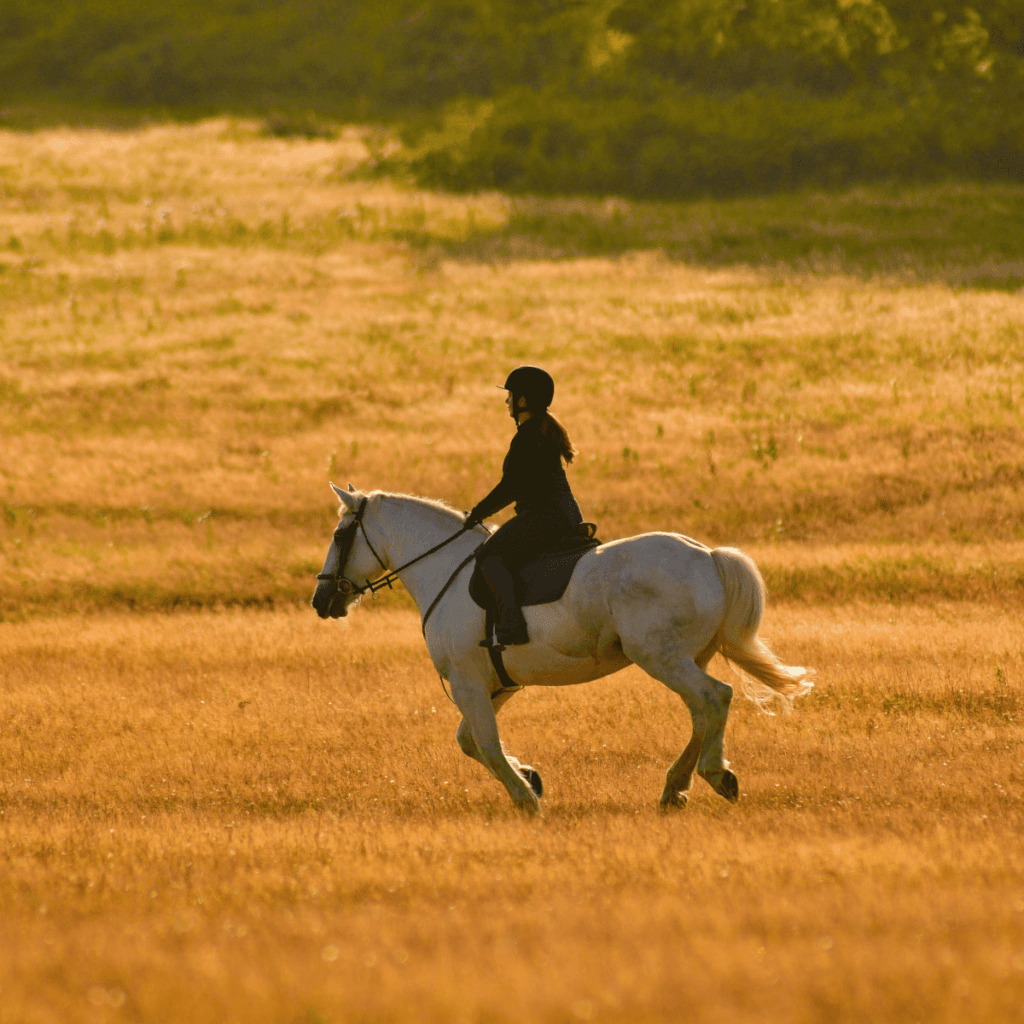The Ethics of Horse Racing: A Complex Debate
Horse racing, often referred to as the “sport of kings,” has a long and rich history. With iconic events like the Kentucky Derby and the Grand National, it captivates millions worldwide. However, beneath the excitement and glamour, horse racing has been the subject of intense ethical scrutiny. Critics argue that the sport raises significant concerns about the treatment of horses, the risk of injury, and the role of gambling.
This article delves into the key ethical issues surrounding horse racing, including the welfare of racehorses, the risk of injury, and the moral implications of gambling and commercialization in the sport.
1. Horse Welfare and Treatment
The welfare of racehorses is perhaps the most controversial ethical issue in horse racing. Thoroughbred racehorses are bred for speed and trained intensively from a young age. While some argue that when properly cared for, racehorses can lead fulfilling lives, others point to troubling practices in the industry.
Key Concerns:
- Training Methods: Some of the training methods used to prepare racehorses are physically demanding. Horses may be pushed hard in their early years, leading to potential long-term health problems. Intense workouts, often performed at a young age, can put unnecessary stress on their developing bodies.
- Medication Use: The use of drugs, including painkillers and steroids, to enhance performance or mask injuries, is another major concern. Horses are sometimes administered drugs to reduce the symptoms of injuries, allowing them to race while in pain. This raises ethical questions about whether it is fair to race animals that may be suffering from undiagnosed or untreated injuries.
- Aftercare and Retirement: Once their racing careers end, many horses face uncertain futures. While some are rehomed and trained for second careers, others are sold to less-than-ideal situations. The fate of retired racehorses, especially those deemed unfit for further competition, has sparked calls for better aftercare programs and retirement plans.
2. The Risk of Injury and Death
Horse racing is a dangerous sport, not just for the jockeys but for the horses as well. The speed and intensity of the races put immense strain on a horse’s body, and injuries are common. Tragically, horses sometimes suffer fatal injuries during races, raising serious ethical concerns about the sport’s safety.
Risk Factors:
- Injuries: Horses are at risk of sustaining various injuries, from minor sprains to severe fractures or tendon damage. In some cases, these injuries can be career-ending or even fatal. The pressure to race at high speeds often contributes to the likelihood of such injuries.
- Track Conditions: The condition of the race track also plays a role in injury rates. Tracks that are too hard or wet can increase the likelihood of accidents. Despite improvements in track surfaces, horse racing still carries a high risk of injury for both horses and jockeys.
- Over-Racing: Some argue that the culture of racing encourages overexertion, pushing horses to race before they are physically ready or after they’ve suffered an injury. This “win-at-all-costs” mentality puts horses at risk and raises ethical questions about the industry’s priorities.
3. The Use of Whips and Equipment
The use of whips during races has been a contentious issue in horse racing for many years. Jockeys use whips to encourage horses to maintain speed or to finish a race strong. While many defend the practice, claiming the whip is not intended to harm the horse, critics argue that whipping is a form of physical punishment that causes unnecessary pain and distress.
The Whip Debate:
- Pain or Encouragement? While jockeys are trained to use whips in a controlled way, critics argue that even moderate whipping can cause pain and discomfort to the horse. Repeated whipping during a race can be seen as a form of coercion rather than encouragement.
- Regulations: Some jurisdictions have introduced rules limiting the number of times a jockey can use the whip during a race. These regulations aim to reduce the potential harm, but there is still significant debate about whether the practice should be banned entirely.
4. Gambling and Commercialization
Gambling is a central part of horse racing, and the financial aspects of the sport cannot be ignored. Betting on horse races generates significant revenue, but the reliance on gambling raises ethical concerns about the commercialization of the sport and its impact on individuals.
Key Issues:
- Gambling Addiction: Horse racing, like other forms of gambling, can lead to addiction. For some, betting on races becomes a compulsive behavior, leading to financial ruin and personal distress. Critics argue that the industry exploits vulnerable individuals who may develop gambling addictions.
- Animal Exploitation for Profit: The commercialization of horse racing often places financial gain over the welfare of the animals. Some argue that the focus on prize money and the large amounts of money generated from gambling markets can overshadow concerns about the horses’ well-being.
5. Efforts for Reform
In response to these ethical issues, there have been efforts within the horse racing industry to improve the treatment of horses and reduce the risks involved. Various racing jurisdictions have introduced new regulations to address some of these concerns.
Reform Measures:
- Safer Track Surfaces and Equipment: Many tracks have invested in safer surfaces to reduce the likelihood of injuries. In addition, protective equipment such as leg wraps and safety vests for jockeys have been improved in recent years.
- Medication Regulations: Some countries have implemented stricter regulations on the use of medications and banned certain substances to protect horses’ health. These measures aim to reduce the likelihood of doping and ensure horses race without the aid of performance-enhancing drugs.
- Retirement and Aftercare Programs: There has been growing pressure for better retirement programs for racehorses. Organizations are now working to ensure that horses are not discarded after their racing careers and that they are retrained for second careers in other equestrian disciplines.




